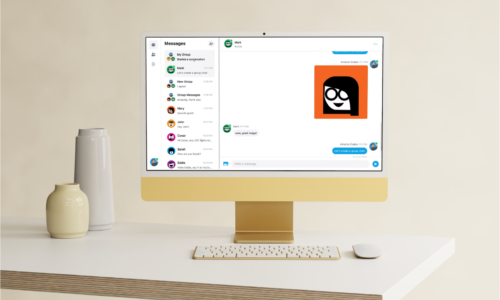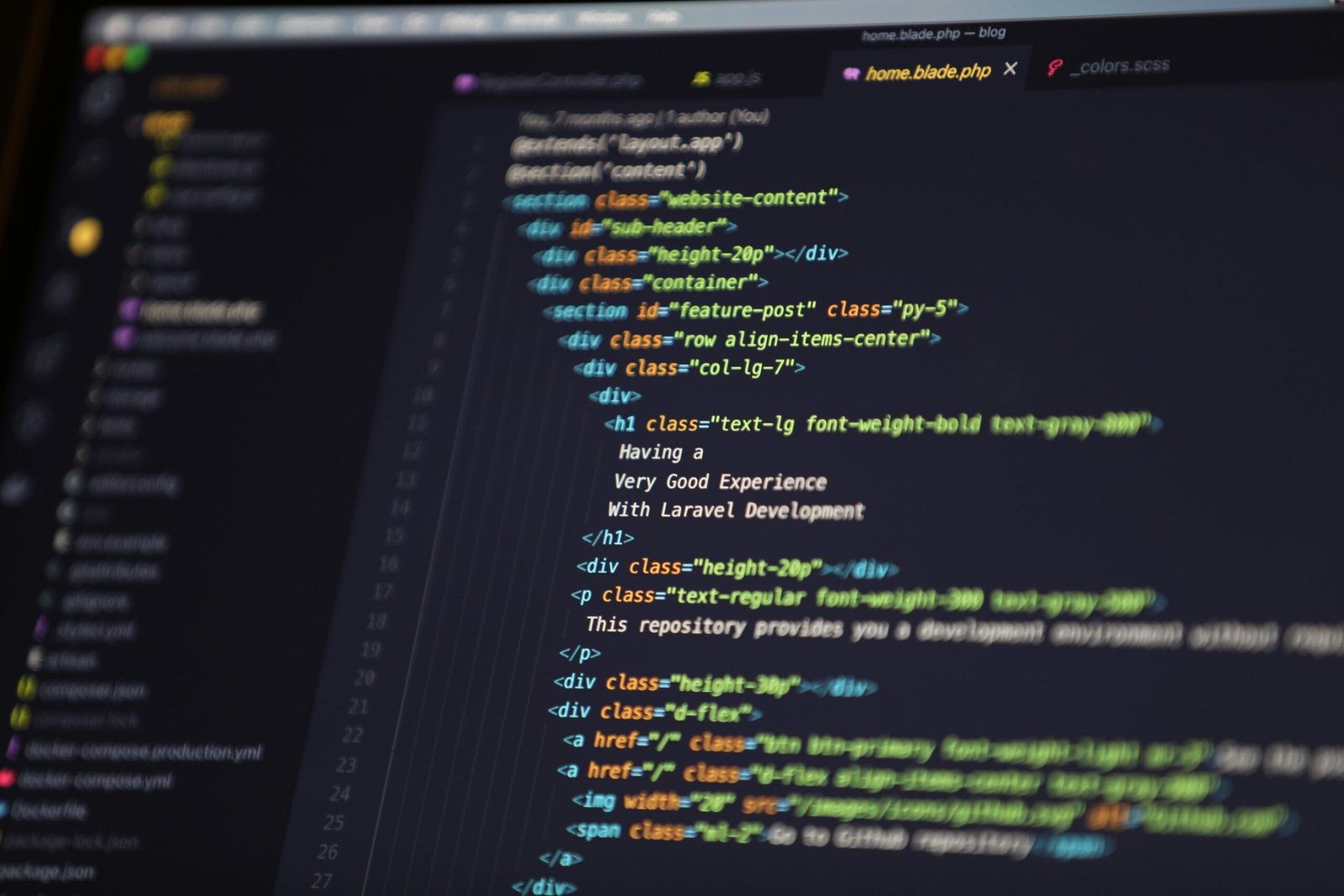
Real-Time Applications with MERN Stack and Socket.io
- Info Quotient
- February 2, 2024
- Web Development
- MERN stack, real-time applications, Socket.io
- 0 Comments
In today’s dynamic digital world, real-time applications play a crucial role. These applications facilitate instantaneous data exchange, delivering a seamless and interactive user experience. The MERN stack, consisting of MongoDB, Express.js, React.js, and Node.js, stands out as a popular technology stack for developing real-time applications. When coupled with Socket.io, a powerful library for real-time web applications, the MERN stack becomes even more robust and efficient.
Unveiling the MERN Stack
The MERN stack, a JavaScript-based technology amalgamation, empowers developers to construct full-stack web applications using four key technologies:
- MongoDB: A NoSQL database offering flexibility and scalability for efficient data storage and retrieval.
- Express.js: A minimal and flexible web application framework for Node.js, furnishing a robust feature set for web and mobile applications.
- React.js: A JavaScript library for crafting user interfaces, enabling developers to create reusable UI components.
- Node.js: A JavaScript runtime environment facilitating the execution of JavaScript code outside a web browser, making it ideal for server-side applications.
Together, these components provide a comprehensive and efficient solution for modern web application development.
Integrating Socket.io for Real-Time Communication
Socket.io, a JavaScript library, facilitates real-time, bidirectional communication between web clients and servers through WebSockets. These WebSockets enable full-duplex communication channels over a single TCP connection, facilitating seamless real-time data transfer.
When integrated with the MERN stack, Socket.io enhances the stack’s capabilities, enabling the creation of real-time applications. These applications can push data to clients without incessant client requests, significantly enhancing user experiences and fostering the development of interactive and collaborative applications.
Benefits of Real-Time Applications
Real-time applications present a myriad of advantages for both users and developers:
- Instant Updates: Users receive immediate updates, eliminating the need for manual refreshes.
- Collaboration: Ideal for collaborative tools, facilitating real-time interaction for chat applications, collaborative document editing, and multiplayer games.
- Efficiency: More efficient than traditional request-response applications, reducing bandwidth usage and server load.
- Scalability: Easily scalable to handle a large number of concurrent users, with the server pushing updates to multiple clients simultaneously.
Use Cases for Real-Time Applications
Real-time applications find applications across various industries:
- Collaborative Tools: Perfect for project management software, video conferencing platforms, and team communication tools.
- Live Dashboards: Essential for real-time insights and analytics, such as stock market tickers or monitoring systems.
- Multiplayer Games: Critical for fostering real-time interaction in multiplayer games.
- Real-Time Tracking: Utilized in tracking systems, such as vehicle tracking or package delivery tracking.
Conclusion: Harnessing the Power of MERN Stack and Socket.io
Real-time applications are indispensable in today’s digital landscape, and the MERN stack, combined with Socket.io, provides developers with a potent and efficient solution for their development. Whether it’s for collaboration, data visualization, gaming, or tracking systems, real-time applications offer a seamless and interactive user experience. By leveraging the capabilities of the MERN stack and Socket.io, developers can pioneer innovative and engaging applications that meet the demands of modern users.
For companies seeking expertise in developing cutting-edge real-time applications, Info Quotient stands as a reliable partner, delivering tailored solutions that redefine user experiences in the digital realm.







